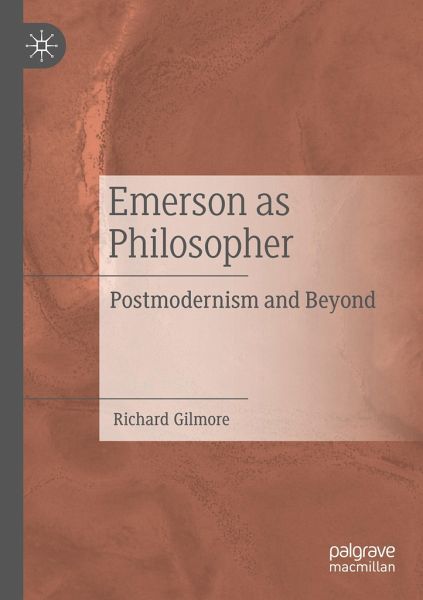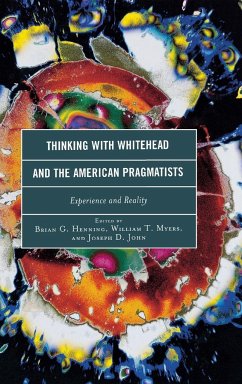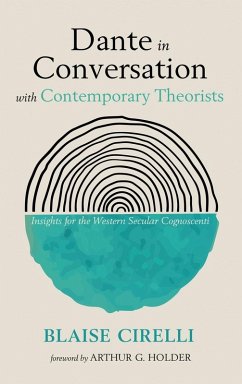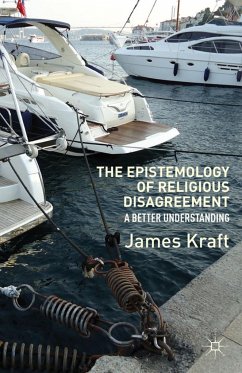
Emerson as Philosopher
Postmodernism and Beyond
Versandkostenfrei!
Versandfertig in 6-10 Tagen
91,99 €
inkl. MwSt.
Weitere Ausgaben:

PAYBACK Punkte
46 °P sammeln!
This book considers the role of postmodernism (skepticism towards metanarratives and anti-essentialism) in Ralph Waldo Emerson's philosophy by putting it in conversation with key 20th and 21st century thinkers such as Beauvoir, Coates, Derrida, Paz, Rorty, and Zizek. Postmodern Emerson shows how Emersonian skepticism to metanarratives such as sexism, racism, Beauvoiran "serious values," and others, can help us face some of society's gravest contemporary social and philosophical challenges. Methodologically, the book exemplifies Emersonian postmodernism by defying traditional philosophical meta...
This book considers the role of postmodernism (skepticism towards metanarratives and anti-essentialism) in Ralph Waldo Emerson's philosophy by putting it in conversation with key 20th and 21st century thinkers such as Beauvoir, Coates, Derrida, Paz, Rorty, and Zizek. Postmodern Emerson shows how Emersonian skepticism to metanarratives such as sexism, racism, Beauvoiran "serious values," and others, can help us face some of society's gravest contemporary social and philosophical challenges. Methodologically, the book exemplifies Emersonian postmodernism by defying traditional philosophical metanarratives about the difference between high and low culture or serious and ridiculous subjects, and Emerson with what would seem to be his opposite. This is itself a postmodern gesture, breaking rules of genre and topic to make unlikely but interesting connections. Above all, this book proves that in this time of social division and widespread despair, Emerson canhelp.












